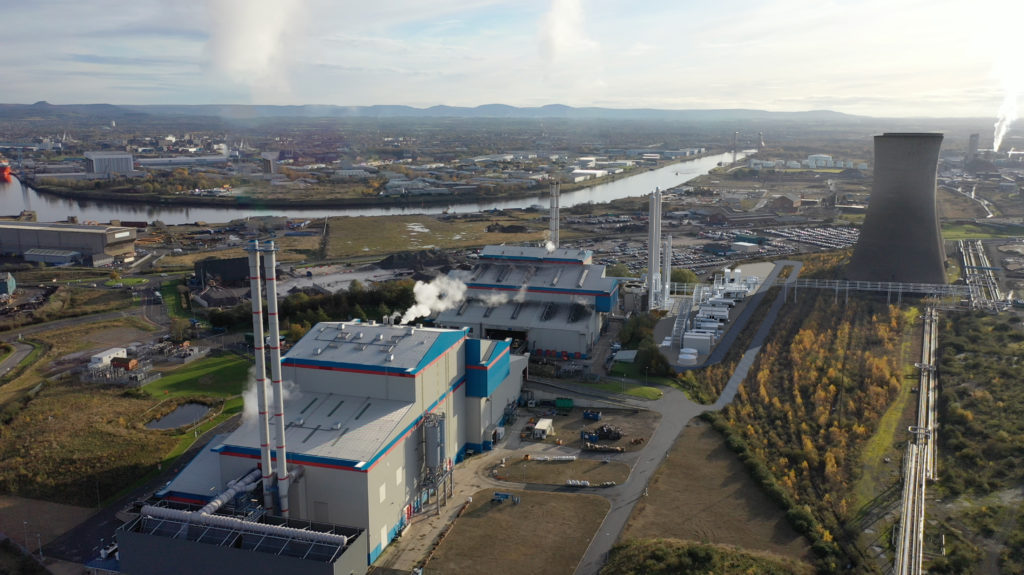ESA has said these proposals “effectively introduce a cap” on the emissions allowed from EfW plants, which are used across the UK to treat general rubbish (residual waste).
The cap will decrease over time and if operators emit more carbon than their allowance, they will need to buy a permit for the additional emissions – either from government or from other emitters who have used less than their allowance.
The general idea is that a decreasing cap will drive down carbon emissions over time which, for EfW plants, will primarily be achieved by increasing recycling, lowering waste volumes and developing CCUS infrastructure.
‘Unavoidable costs’
The ESA warned that the proposals must be “carefully designed” to achieve their goals and avoid “unintended” consequences, saying that failure to properly design a scheme for the sector, and to provide complementary new policy support for recycling and waste avoidance, could see waste “fall back down the waste hierarchy” into landfill, exported abroad, or simply incurring “unavoidable” costs for businesses and local authorities.
The ESA said that the ETS timing “must align with a ban on sending combustible waste to landfill”, and that the landfill tax rate should be maintained in line with inflation with a carbon price escalator.
Head of climate and energy policy at the ESA, Charlotte Rule, said: “Including energy recovery from waste in the Emissions Trading Scheme is a major policy lever likely to trigger a seismic shift for the recycling and waste treatment sector.
“It holds the potential to reduce carbon emissions from residual waste treatment and help drive investment in decarbonisation. Recycling and waste treatment is a complex sector, so the ESA and its members are working to support policymakers and to ensure this critical policy does not create unintended consequences that push waste down the hierarchy.”
This consultation is critical to the success of the ETS in the context of our sector and we are pleased to receive the documents ahead of the General Election – allowing our sector time to review and respond comprehensively while parliament is dissolved. However, we hope that this will not be an impediment to continued engagement with Whitehall officials, which would undermine the effectiveness of this consultation period.
On review of the consultation documents, we are somewhat concerned to see little to no mention of a landfill ban for combustible material and that Government’s preference is to precisely measure carbon emissions arising from plants rather than a more pragmatic and flexible approach.
The inclusion of energy recovery in the ETS will only succeed if accompanied by complementary policies to prevent residual waste material from transferring from domestic energy recovery into landfill or export markets, and that the ETS provides a clear, pragmatic and deliverable methodology for fairly allocating costs across the residual waste value chain to drive decarbonisation investment.”
enfinium
enfinium’s CEO Mike Maudsley said of the consultation documents: “Today’s Emissions Trading Scheme announcements underline the importance of decarbonisation to the future of the UK energy from waste sector. Even if the UK hits its recycling targets, there will still be 17 million tonnes of unrecyclable waste in the early 2040s.
“But by working together with national and local governments, we believe that the problem of unrecyclable waste can be turned into a net zero solution. That is why enfinium has published a detailed and independently verified Net Zero Transition Plan setting out our ambition to install carbon capture technology across our fleet over the coming years, transforming enfinium into a carbon removals business in the 2030s.”











Subscribe for free